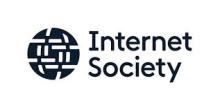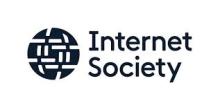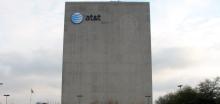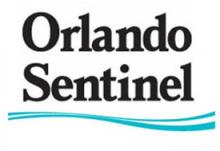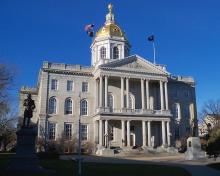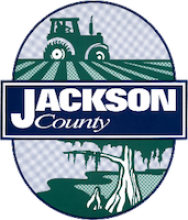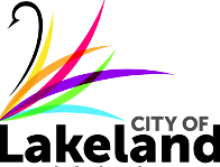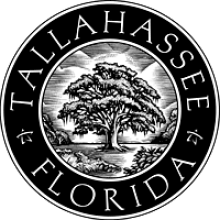EPIC Grant Deadline Extended to March 5
The Expanding Potential in Communities (EPIC) Grant deadline funded by Truist Bank and administered by the Internet Society has been extended by two weeks from its original deadline of February 19 in the wake of the weather hammering eligible areas over the last few days. There's nothing like a severe winter event that knocks power out for millions to break up the monotony of a raging pandemic.
Grant applications are now due March 5th by 11:59pm.
Read our original story about the grant program below:
A new grant program funded by Truist Bank's philanthropic initiative and administered by the Internet Society will disburse $1 million in funds to seven community broadband projects over the next year and a half. The Expanding Potential in Communities (EPIC) Grant program is currently soliciting applications, with grants to be disbursed to eligible communities across the southeast United States, including Washington D.C. and Texas, ranging from $125,000-180,000. The program is aimed at kickstarting Covid 19 relief efforts but also providing essential, locally owned broadband infrastructure to unserved and underserved communities.
From the grant program website:
The COVID-19 pandemic has brought the importance of broadband Internet connectivity into focus as work, school, healthcare, and more shift online. Internet connectivity is more important than ever in keeping our lives moving . . . The $1 million Expanding Potential in Communities (EPIC) Grant program supports broadband initiatives in the southeastern United States . . . As the administrating partner, the Internet Society will support local broadband expansion by funding complementary Internet connectivity solutions to help alleviate disparities in education, employment, and social welfare that are exacerbated by lack of access to broadband.
See eligibility requirements below:


